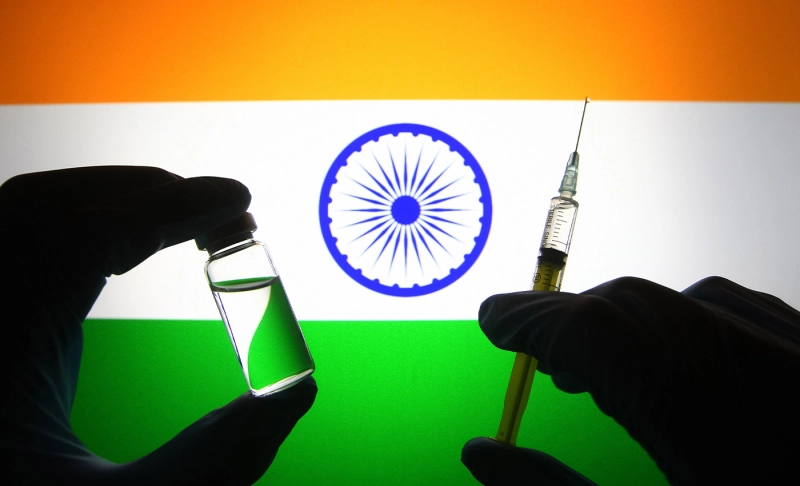By: Annie Priya
August 23 2021

India had relied on UNICEF and other agencies for vaccines and became self-sufficient after long delays due to social and economic factors.
India had relied on UNICEF and other agencies for vaccines and became self-sufficient after long delays due to social and economic factors.The science of vaccines has evolved rapidly, and India is at the forefront of manufacturing various vaccines. Many private Institutions have aided India's vaccination program. We analyzed the paper published by the Indian Council of Medical Research to understand India's history of immunization. Though India had the capacity to manufacture vaccines, it was often met with delays, not because of lack of production capabilities but due to social and economic factors. No new vaccine was introduced to the Universal Immunisation Programme in India between 1985 and the 21st century. Professor Chandrakant Lahariya has highlighted in the research paper that the coverage with vaccines in National Immunization Programme was suboptimal without proper monitoring and supervision. Inadequate attention by governments to boost vaccine production was also one of the main reasons. However, several institutes of national importance were set up in the whole of the 20th century for vaccine research, and the country attained self-sufficiency through indigenous production. The production and supply of vaccines were accelerated after 1985, resulting in the eradication of smallpox and polio, albeit at a slow pace. The vaccine program in India received a boost in the late 1980s, and concerted efforts were made to improve productivity by various governments. However, India lagged behind other countries and became self-sufficient only during recent years. Hence we mark this claim partly true.